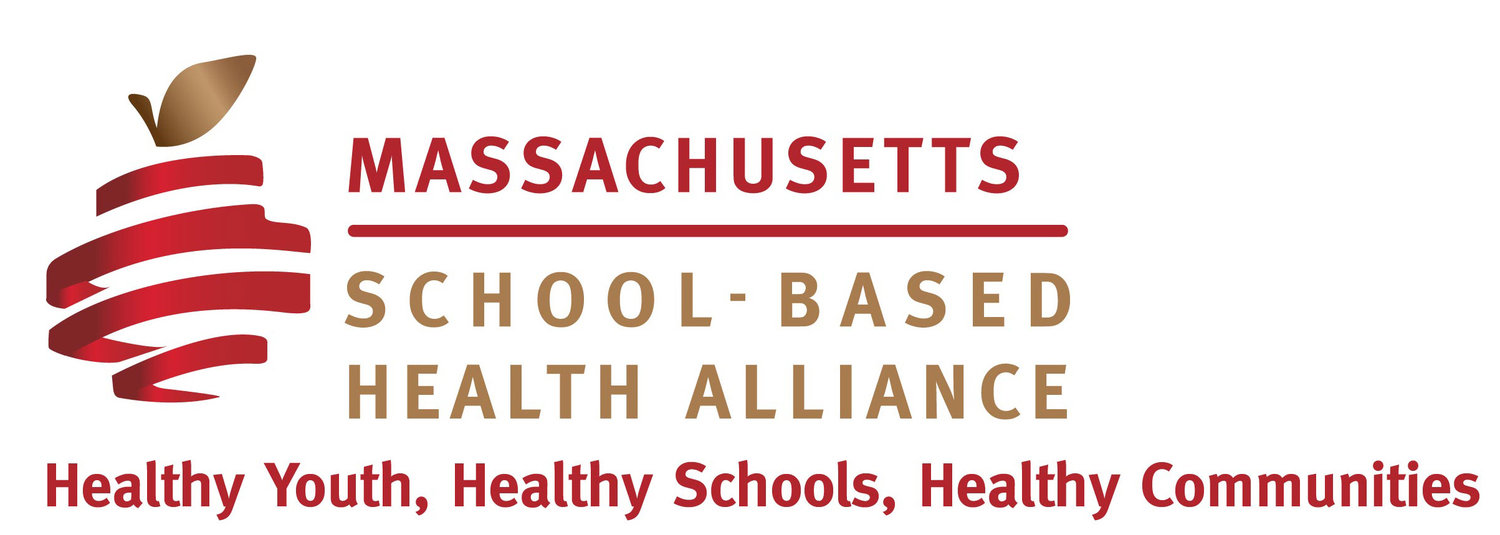National SBHA- a report from Youth Advisor Council member Gianni Forlizzi
The 2017 School-Based Health Care convention was one for the books. By books, I do mean record books. The convention, which took place in scenic Long Beach, California, brought in over 950 convention-goers. That’s the largest gathering of SBHC professionals to attend any of our conferences (so far!) With so many factors that made the convention so great, it’s difficult to pinpoint what exactly drew in so many people this year. What is for certain is that we are all working towards a common goal: healthy students and healthy communities.
One of the most exciting components to the SBHC conventions is the “Be The Change Youth Training Program” which this year welcomed 35 youth from across the country to participate in training workshops at the convention. These workshop sessions help educate youth participants in current health related issues, health care literacy, and overall broaden youth knowledge of nationwide school-based health related topics. Some of the workshops included sessions on design thinking, healthy relationships, forum theater, and a health-care simulation. Each session included youth engagement activities to get the students kinesthetically engaged, as well as collaborate with their peers to problem-solve and learn. I’d like to highlight some of my favorite workshops and activities that the Be The Change program had to offer.
Design thinking, a method developed by designers to develop innovative methods and strategies to creatively problem-solve, normally is taught in a course or over a series of sessions. Anna Casalme, board member and presenter of the design thinking workshop, was able to teach the youth about design thinking and challenge groups to use design thinking to create a solution to relieve student stress in just over three hours. After lots of sticky noting, power point and poster creating, and some friendly competition, the solutions proposed by the students were innovative, original, and workable.
The winning team, as pictured above with some members of the Youth Advisory Council, created an app called StudenTrac that helps students manage their time and keep in contact with their teachers and professors regarding their schedule. The students’ collaboration and use of design thinking won them Starbucks giftcards (and, of course, very useful knowledge on design thinking.)
The #RelationshipGoals workshop educated students on what healthy and unhealthy relationships look like, and what to do about them. The workshop, led by members of the Youth Advisory Council, demonstrated what behaviors and actions are normal or abnormal in all types of relationships. One of the activities during the workshop helped the youth “match up” to those in the room who would either benefit or hinder their fictional characters based on the background information given about each role they played. This activity demonstrated the relevance of observing what characteristics of a friend, parent, or significant other help you to improve and which ones impede on you.
My personal favorite of the youth workshops, as pictured above, was the healthcare simulation. This workshop was focused around an activity that placed the youth in charge of their own healthcare, in groups as “families,” working to navigate their plan to handle what health care obstacles they encountered. These obstacles were incredibly realistic and eye-opening for some participants who had never experienced these issues. Some issues the families would encounter included: lack of insurance coverage, financial limitations, language barriers, and long waiting times. For each tactical and efficient decision the families made, they were rewarded with a piece of uncooked spaghetti, a marshmallow, or a paper plate. The ultimate goal was to obtain many materials and eventually use them to create a stable structure. This demonstrated that the more you have, the more you are able to have a strong foundation. And on the opposite side, the less you have, the less able you are to have a strong foundation. This especially holds true when it comes to healthcare, and this activity does an exceptional job displaying the trials and tribulations of being healthy.
Our friends from Balboa High School in San Francisco, California, got the youth engaged physically and collaboratively through a workshop on Forum Theater. Something I had never heard of prior to the workshop, Forum Theater is circulated around encouraging the audience think and act on particular situations. The youth participants were encouraged to watch a video which circulated around an undocumented student attempting to apply for college without support from her family or the collegiate system as a whole. After finding out she is not eligible for a scholarship because of her legal status, a close friend of hers receives the scholarship without nearly as many obstacles. The youth were invited to recreate the situation, either from the perspectives of the past, present, or future, and what factors may have made a difference in the outcome or what could be changed in the future. This activity encouraged creative collaboration with others to form a cohesive plotline, and shed light on situations that are not often discussed.
Overall, the youth participants were able to leave the convention with a smorgasbord of information, experience in useful and creative activities, and hopefully a reinforced passion for creating and sustaining healthy communities. My hopes for next year’s convention are to see some familiar and unfamiliar faces, continue to hear insightful questions and important answers, and to continue to hear about all the incredible work being done from coast to coast. In the meantime, “think globally, act locally.”





